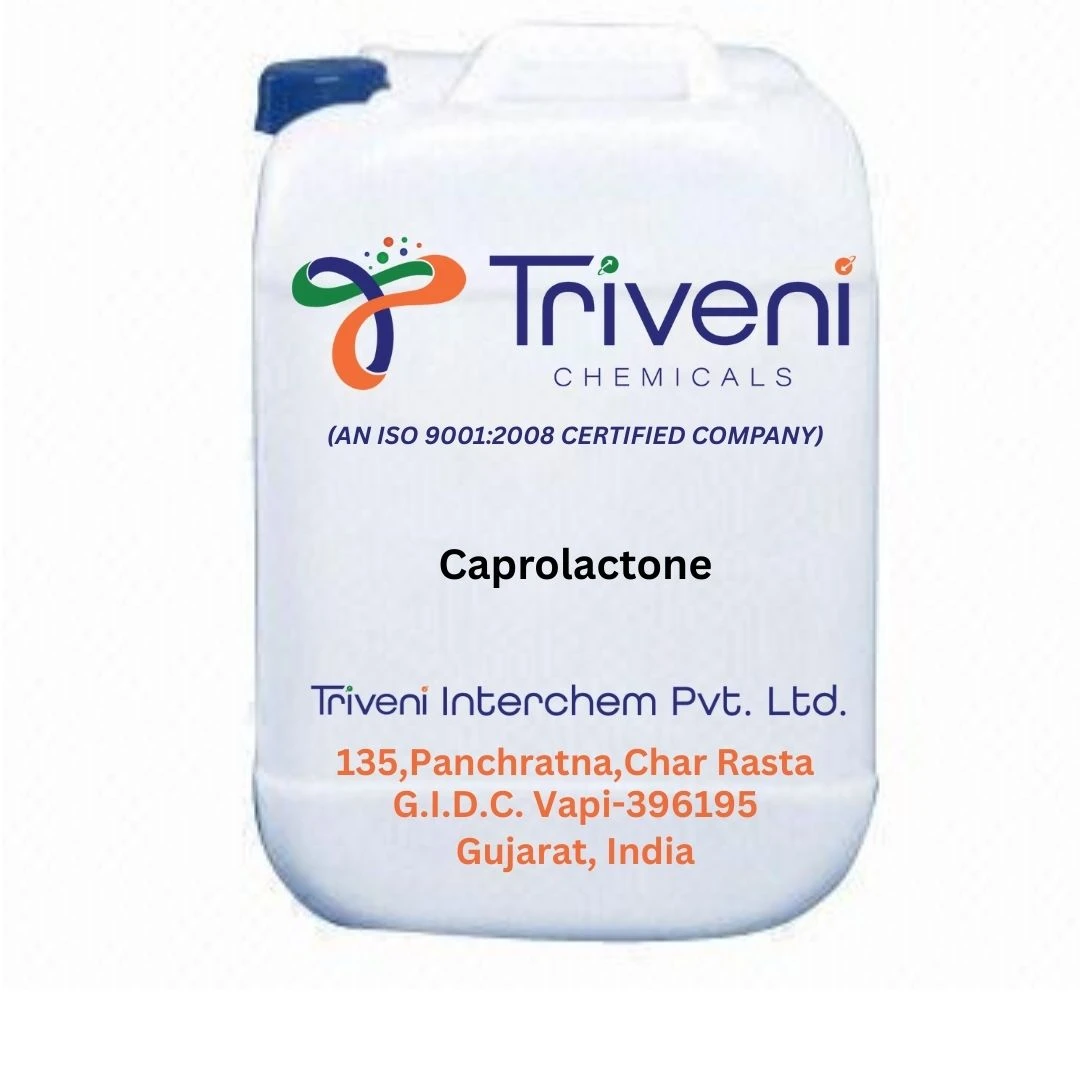The flexible synthetic polymer polyester is a ubiquitous presence in almost every aspect of contemporary life. Our culture now uses this polymer as a standard material for everything from packaging to clothes. Its special qualities—such as longevity, resistance to wrinkles, and ease of maintenance—are the reason for its widespread appeal...
The flexible synthetic polymer polyester is a ubiquitous presence in almost every aspect of contemporary life. Our culture now uses this polymer as a standard material for everything from packaging to clothes. Its special qualities—such as longevity, resistance to wrinkles, and ease of maintenance—are the reason for its widespread appeal. The textile sector is one of the most prominent applications for polyester. Superior strength and resilience are provided by polyester fabrics, which can resemble natural fibers like cotton and silk in appearance and feel. Because of this, polyester apparel is a popular option for outerwear, sportswear, and daily wear. Furthermore, polyester is favored by makers and designers of apparel because of its capacity to retain brilliant colors. Apart from apparel, polyester finds extensive application in creating home furnishings including drapes, pillows, and cushions. It is the perfect material for these applications because it does not stretch or shrink, guaranteein that the items will keep their shape and appearance over time. Polyester is used extensively in the packaging business in addition to textiles. Because of its strong tensile strength and moisture resistance, it's a great material to use when making food containers, packing films, and bottles. Furthermore, polyester is a flexible choice for product labeling and branding because to its transparency and printing compatibility.Furthermore, polyester's adaptability finds use in industrial settings. Because of its excellent strength-to-weight ratio and abrasion resistance, it is frequently used in the manufacturing of ropes, hoses, and safety belts. Tire cables are also made from polyester fibers, which strengthen the tire's structure and increase its longevity.Polyester has certain disadvantages in addition to its many benefits. The influence on the environment is one major worry. Petroleum is the non-renewable resource used to make polyester, and the production process uses a lot of water and energy. Furthermore, polyester textiles do not biodegrade, which adds to the build-up of non-biodegradable garbage in landfills.In an effort to address these environmental issues, sustainable substitutes such recycled polyester and bio-based polymers are being developed. Industries can lessen their dependency on virgin polyester and their environmental impact by integrating these materials into their manufacturing processes.To sum up, polyester is a material that is used in many facets of modern life. It is a favored option for apparel, packaging, and industrial applications due to its strength, adaptability, and simplicity of maintenance. But because of its effects on the environment, it's critical to create sustainable alternatives in order to guarantee a future that is more environmentally friendly.


